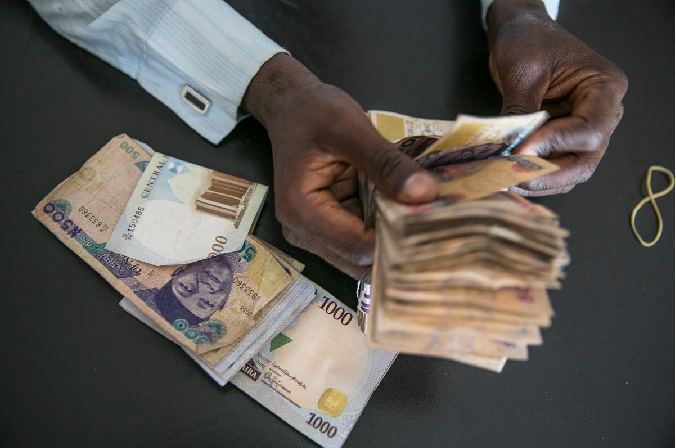
Nigeria’s total public debt stock stood at N31 trillion as of June 30, 2020, according to a report released by the Debt Management Office (DMO) on Tuesday.
The report thus indicates an increase of N2.38 trillion compared to the first quarter of the year. The debt stock which includes the total debt of the federal and state governments saw such a massive rise due to COVID-19 induced borrowing.
The DMO’s report includes Nigeria’s Actual External Debt Service Payments for Q1 2020 as well as Nigeria’s External Debt Stock for the period ending June 30, 2020.
Tekedia Mini-MBA edition 16 (Feb 10 – May 3, 2025) opens registrations; register today for early bird discounts.
Tekedia AI in Business Masterclass opens registrations here.
Join Tekedia Capital Syndicate and invest in Africa’s finest startups here.
“The data shows that in naira terms, the total public debt stock which comprises the debt stock of the Federal Government, the 36 state governments and the FCT stood at N31, 009trn or $85.897bn. The corresponding figures for March 31, 2020, were N28.62trn or $79.303bn,” the DMO said.
The additional N2.381 trillion or $6.593 billion was as a result of the borrowed $3.36 billion from the International Monetary Fund (IMF) and domestic borrowing used to finance the revised 2020 budget, the DMO explained. It added that the figures include the issuance of the N162.557 billion Sukuk, and promissory notes issued to settle claims of exporters. And it expects the debt stock to grow.
“The DMO expects the public debt stock to grow as the balance of the new domestic borrowing is raised and expected disbursements are made by the World Bank, African Development Bank and the Islamic Development Bank which were arranged to finance the 2020 Budget.
“Recall that the 2020 Appropriation Act had to be revised in the face of the adverse and severe impact of COVID-19 on government’s revenues and increased expenditure needs on health and economic stimulus, among others,” it said.
The debt profile significantly rose by 155.86% to stay at N18.9 trillion in five years, starting from July 2015.
While the federal government holds the larger part (81.52%) of the total debt sum, State governments have notably increased their share to 18.48%. It is therefore N25.28 trillion for the federal government and N5.73 trillion for the states and Federal Capital Territory.
On domestic debt, Lagos State has the highest debt stock as of June 30, 2020, with N493.3 billion in its profile followed by Rivers and Akwa Ibom States, with N266.9 billion and N239.2 billion respectively.
The five-year debt increase has resulted in debt servicing gulping a large sum of capital from the Appropriation Act. Nigeria spent N921.93 billion on domestic debt servicing in the first half of the year. The government said the combined expenditure in both domestic and external debt servicing amounts to N1.57 trillion for the first six months of the year.
Punch reported the Minister of State for Budget and National Planning, Mr. Clem Agba, acknowledging that the government has spent N1.57 trillion on debt servicing for the first six months of 2020. He added that the government’s retained revenue was N1.81 trillion or 68% of prorated target.
The development has triggered backlash from Nigerians as high cost of governance takes most of the borrowed fund, and a little has been invested in infrastructure projects.
“The borrowing is getting too much,” said Prof. Akpan Ekpo, an economist and Chairman of the Foundation for Economic Research and Training. “If you really need to borrow, you must justify it, and there should be transparency about what you are borrowing for.”
Government’s attempt to justify the recent spending has been centered on COVID-19 pandemic. Social Economic Rights and Accountability Projects (SERAP), in August 10, made Freedom of Information requests on how the government has handled coronavirus dedicated funds. In response to the request, the federal government said it spent N31 billion in four months (April-July 2020), but did not give a breakdown of the spending. However, the response means that 84% of the N36.3 billion of both donated and dedicated funds for COVID-19 response has been spent, leaving a balance of N5.9 billion in the special account.
Accountability and reducing the cost of governance in Nigeria is a subject of discussion that the government appears not ready to have, and it is baring venomous fangs on the economic development of the country.
The DMO said the states and federal government are expected to borrow more money in the future. With the oil economy still staggering, it means this trend of increasing domestic and external debt will continue, and recurrent expenditure will be sustained at the expense of infrastructural development.



